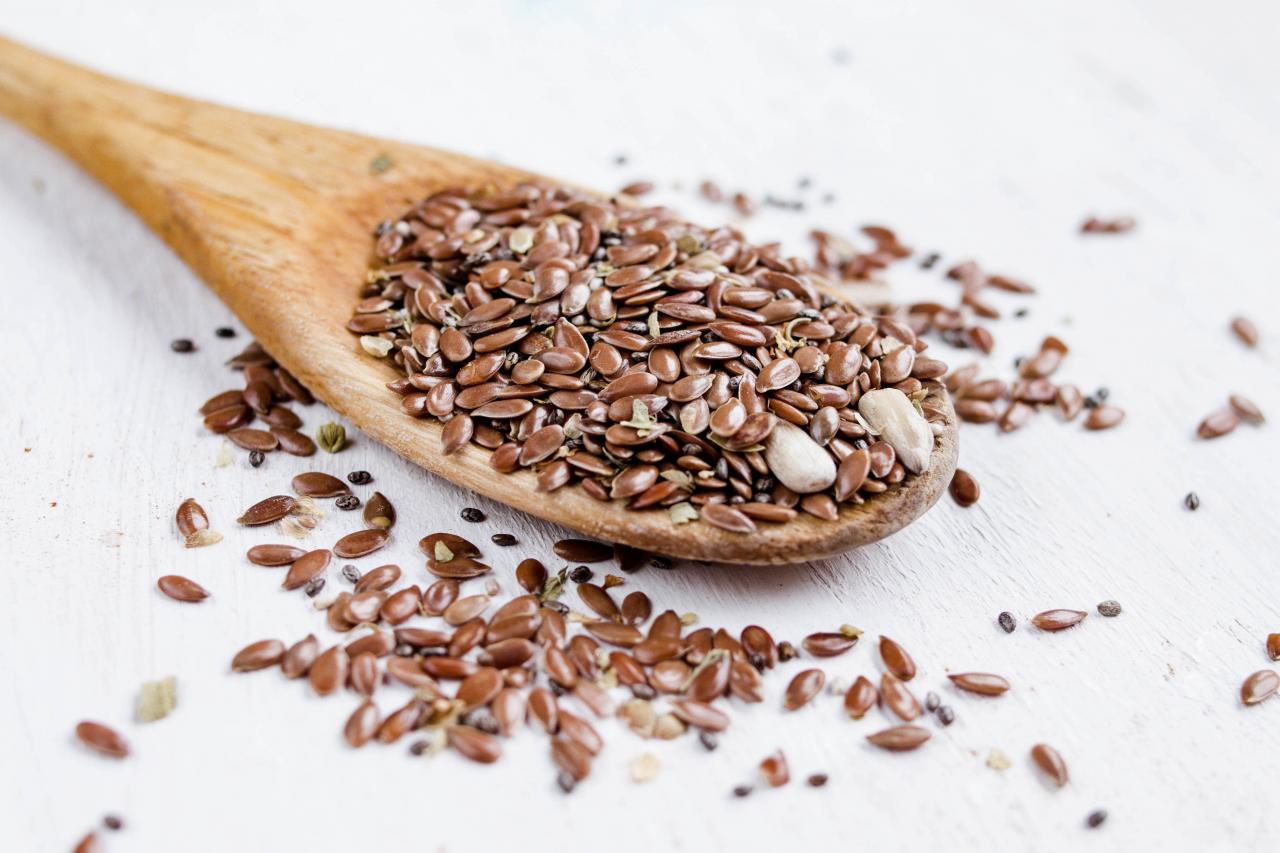 Scott Griessel/Creatista/PhotoSpin
Scott Griessel/Creatista/PhotoSpin
Perhaps you're expecting that menopause will start the same way that menstruation started — all at once. However, that idea could not be farther from the truth.
Menopause is best described as a journey that can take years to complete. You will only be officially in menopause when you have ceased to have a menstrual cycle for 12 consecutive months and your body has stopped producing eggs.
From the first hot flash to the last, there are many twists and turns your body may take to get you to the ultimate natural destination — menopause.
Menopause typically begins in women some time between the ages of 40 and 58, with the average age being 51 years old. This is not a hard and fast rule though, as some women start natural menopause as early as their 30s, and others don’t get there until after 60.
A good indicator is found in your family history. Women usually enter menopause around the same time as their mother or sisters.
Also if you smoke, you may enter menopause earlier. Smokers start the menopause process about two years earlier than nonsmokers.
Menopause actually starts with a phase your body will go through called perimenopause. It is during this time that you will start to see some of the beginning symptoms of menopause.
These early symptoms are the result of your ovaries gradually making decreased amounts of estrogen.
While there is not a straightforward test to predict when menopause will begin, or to confirm that you are already in menopause, a doctor can diagnosis perimenopause based on a full medical history and explanation of symptoms.
Perimenopause lasts an average of four years, though some may experience it for 10 years and others only for a few months. The symptoms of perimenopause may include:
• Irregular menstrual cycles
• Hot flashes
• Vaginal dryness
• Irregular sleep patterns
• Mood shifts
• Tender breasts
• Low energy
It is important for women in the perimenopause phase to know that, though fertility is diminishing, conception is possible. If a “change of life” baby is not something you desire, you will want to continue using contraceptives.
Experts recommend birth control for up to one year past your final period.
Once you enter the roller coaster that is perimenopause, there are some things you can do to make the ride a little easier. There are birth control options that can help some women manage hot flashes.
Be sure to work with your health care provider though, as some women should not be exposed to the hormones in birth control medication.
Other things you can do to make this transition easier include:
• Exercising
• Getting more sleep
• Maintaining a healthy weight
• Quitting smoking
• Taking a multivitamin daily which includes calcium
The journey through menopause will be different for each woman. Though there may be some similarities, this natural rite of passage will be unique. As much as possible, buckle up and try to enjoy the ride.
Sources:
Menopause.org. Web. 13 May 2015. “Are we there yet? Navigate now with our guided menopause tour.”
http://www.menopause.org/for-women/menopauseflashes/menopause-symptoms-and-treatments/are-we-there-yet-navigate-now-with-our-guided-menopause-tour
Menopause.org. Web. 13 May 2015. “How do I know I’m in menopause?
http://www.menopause.org/for-women/menopauseflashes/menopause-symptoms-and-treatments/how-do-i-know-i'm-in-menopause-
Webmd.com. Web. 13 May 2015. “Perimenopause.”
http://www.webmd.com/menopause/guide/guide-perimenopause
Reviewed May 14, 2015
by Michele Blacksberg RN
Edited by Jody Smith





